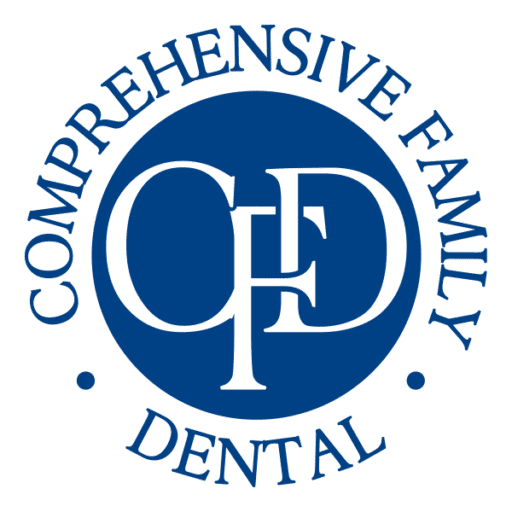If you’ve ever experienced a feeling of fullness or pressure in your ear, you might have had a first-hand encounter with Temporomandibular Joint Disorder (TMJ). This pesky condition can cause a range of symptoms, most commonly TMJ ear fullness. But don’t fret, we got you covered. This comprehensive guide will walk you through understanding, diagnosing, and treating TMJ ear fullness. So let’s dive in, shall we?
Decoding TMJ
Understanding TMJ
The Temporomandibular Joint, or TMJ for short, is the hinge that connects your jawbone to your skull. Found just below your ears, this joint is like a sliding hinge and helps you chew, talk, yawn and swallow. When this joint is under stress or misaligned due to injury, overuse or certain medical conditions, it can lead to TMJ Disorder (TMD).
Symptoms of TMJ
TMJ disorders are tricky little devils. They don’t just cause jaw pain. They can cause discomfort and pain across your face, neck, and even your ears. Common symptoms include: ear pain or ear pressure, clicking or a popping sound when moving the jaw joint, difficulty opening or closing the mouth, ringing in the ears (tinnitus), pain behind the eyes, neck and shoulder pain.
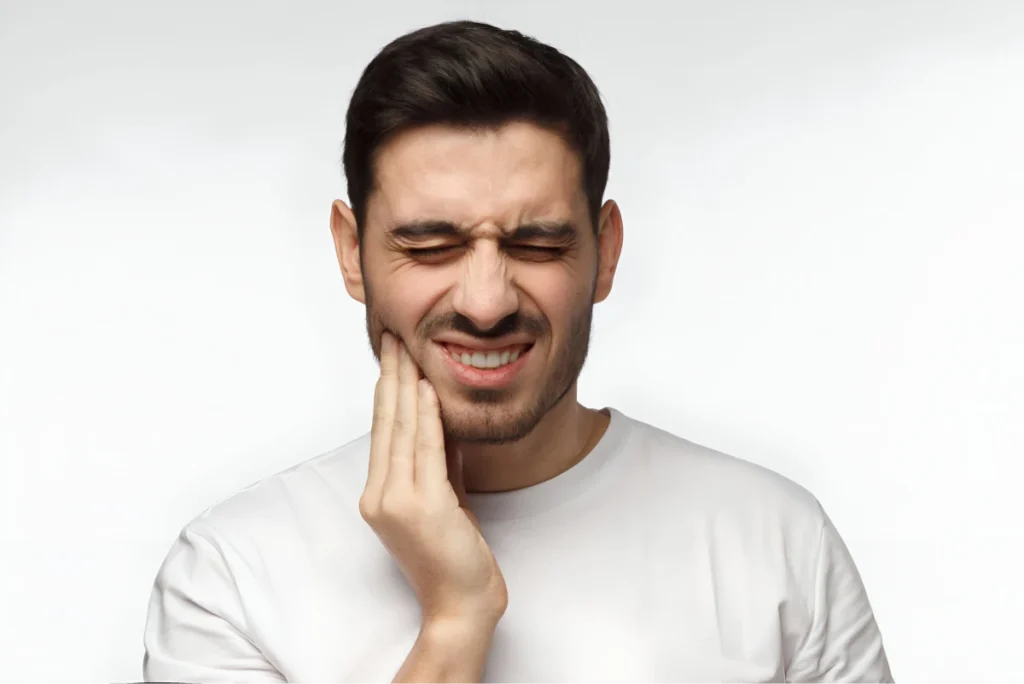
The Connection Between TMJ and Ear Fullness
TMJ Related Ear Pain
Thanks to the close proximity of the TMJ to your ear canal, TMJ disorders can cause ear symptoms like fullness, pressure, or even pain. TMJ ear fullness, in particular, is described as a sensation of increased pressure or stuffiness in the ear.
Why Does TMJ Cause Ear Fullness?
TMJ-related ear fullness can be attributed to inflammation and swelling in the TMJ. The swelling can spread to the surrounding tissues, including the ear, causing pressure and a sense of fullness.
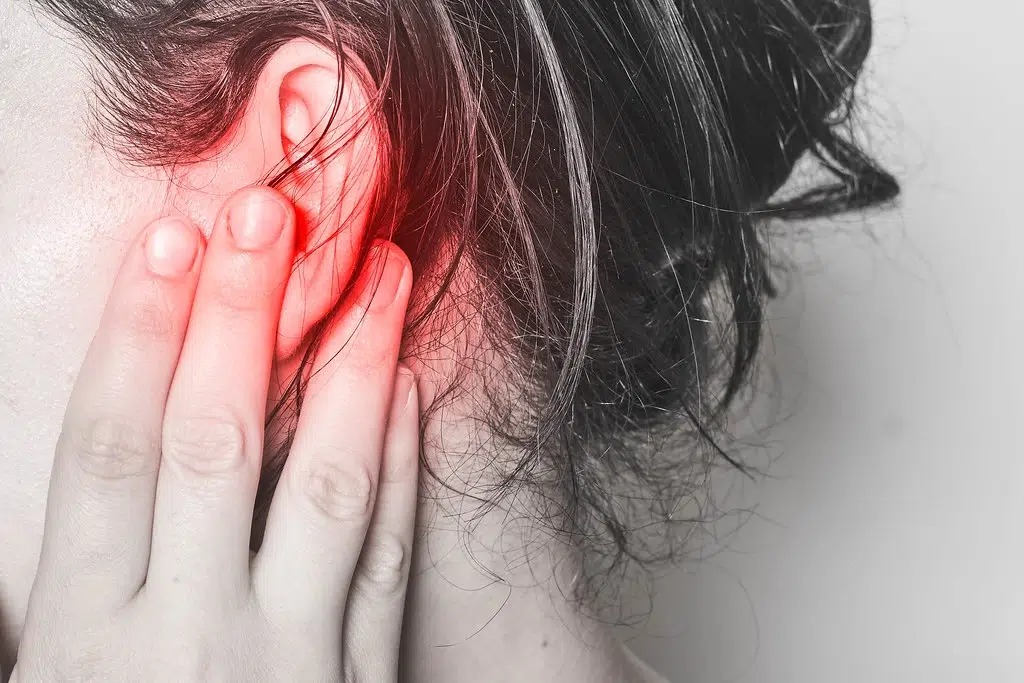
Diagnosing TMJ-Related Ear Fullness
TMJ Ear Pain or Ear Infection?
Ear pain related to TMJ is most often felt in front of or below the ear, unlike ear infections which cause pain inside the ear. A quick visual inspection by a medical professional can usually rule out an ear infection.
When to See a TMJ Trained Dental Professional
Many times, ear pain is associated with TMJ issues. If you experience persistent pain or tenderness in your jaw or ear, it’s time to see a TMJ and facial pain trained dentist. Ignoring the symptoms can lead to long-term TMJ or ear issues. The underlying conditions to ear issues can be diagnosed and proper treatment options given with a properly trained TMJ and facial pain dentist.
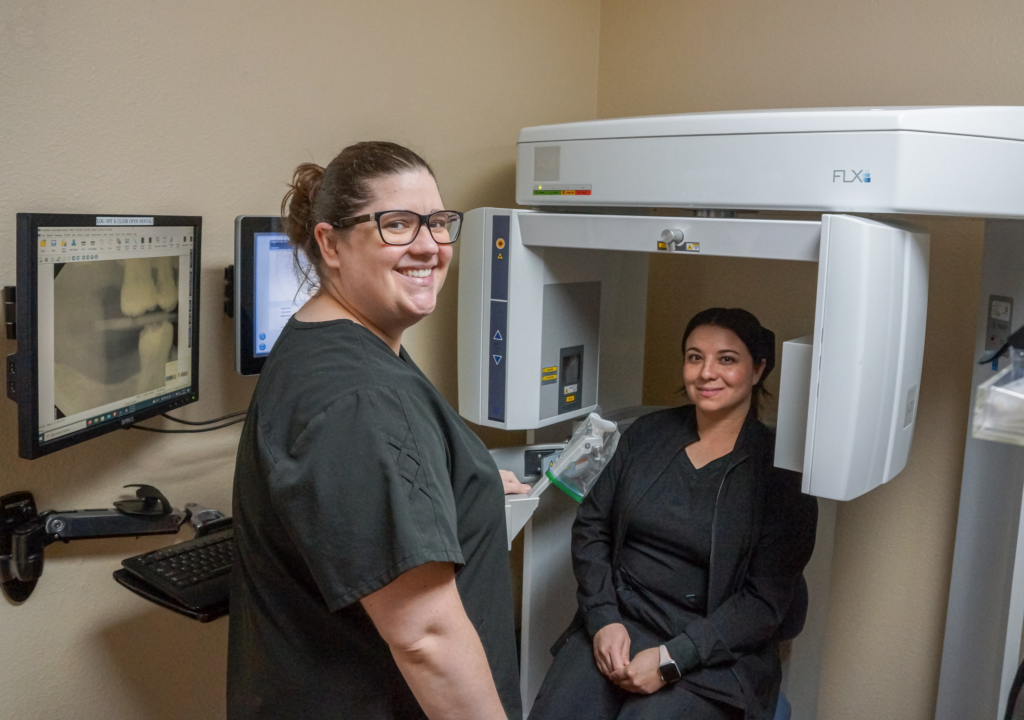
Treating TMJ and Ear Pain
Home Remedies
There are a variety of home exercises and stretches that you can perform to strengthen your jaw muscles and potentially provide pain relief. You could also try gently massaging your TMJ and the surrounding muscles or using a hot or cold compress.
Medicinal Treatment
Your dentist might prescribe anti-inflammatories or muscle relaxants to relieve tenderness in the joint and reduce pain. Cold laser therapy, vitamin or mineral supplementation or nasal sprays or irrigations are also effective in relieving TMJ ear fullness.
Lifestyle Changes
Making lifestyle changes like reducing stress, maintaining good posture, incorporating good sleep hygiene, treating a sleep disordered breathing issue, or diet modifications can help keep your TMJ in good shape.
Wearing a Mouthguard
If teeth bruxing or grinding is causing your TMJ pain, a mouthguard or dental bite splint could be beneficial. Wearing a guard or splint while you sleep prevents your teeth from grinding together, realigns your jaw, and relieves tension on your TMJ.
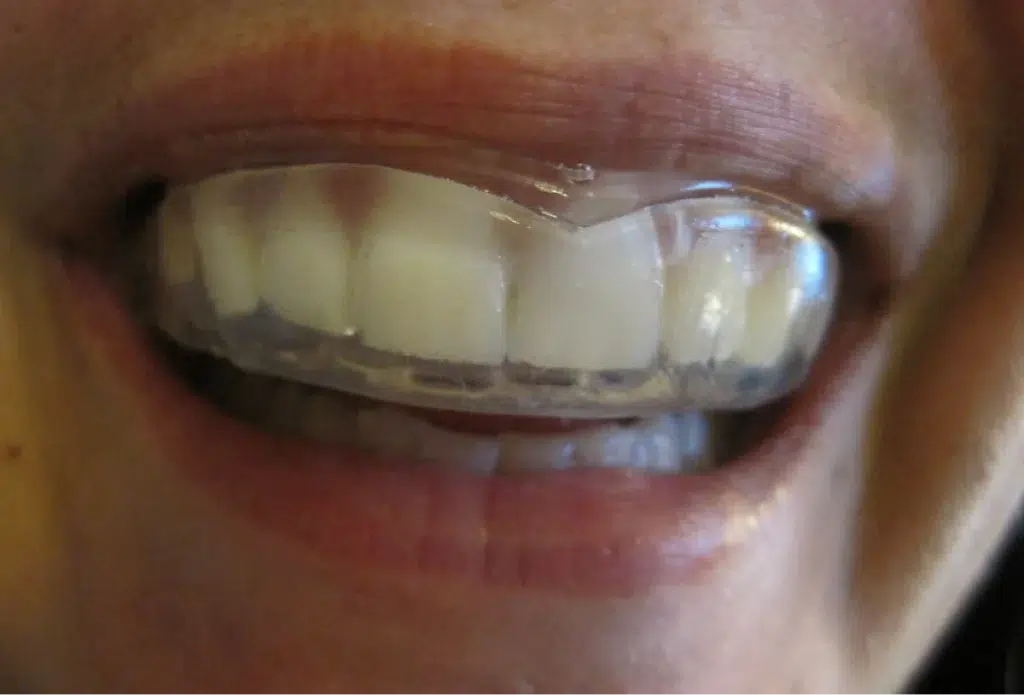
Preventing TMJ Ear Fullness
Stress Management
Finding effective ways to manage stress can help decrease teeth grinding and subsequently, TMJ-related ear fullness. Techniques like progressive muscle relaxation, yoga, deep breathing, and meditation can help to relax the jaw muscles and reduce or alleviate teeth grinding.
Diet Changes
Hard foods and chewy foods put strain on your inflamed TMJ. Opt for softer foods that are easier on your TMJ to help prevent TMJ ear fullness.
When to Seek Professional Help
If home remedies and lifestyle changes don’t relieve TMJ pain, it’s time to seek professional help. A trained TMJ and facial pain dentist can provide you with a correct diagnosis and proper treatment therapies to help reduce or eliminate your TMJ or ear pain. You do not have to suffer with your TMJ pain.
Conclusion
Dealing with TMJ ear fullness can be a real pain in the…well, ear. But with a bit of knowledge, the right treatment, and perhaps some lifestyle changes, you can conquer this pesky condition. Remember, early detection and treatment are key to preventing any long-term damage.
So, if you’re experiencing TMJ-related ear fullness, don’t wait for it to get out of hand. Reach out to Comprehensive Family Dental today. Our friendly team of experts is ready and eager to help you say goodbye to TMJ ear fullness once and for all. And remember, your health and well-being are always worth it!
